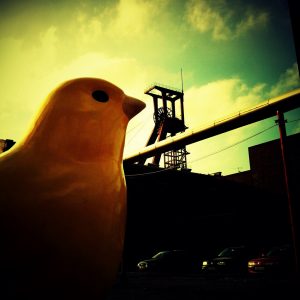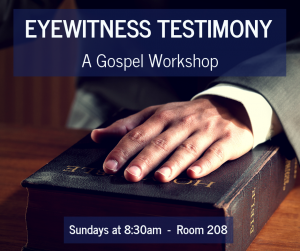“They know enough who know how to learn.” – Henry Adams
A squirrel’s teeth never stop growing. The typical red or gray squirrel’s four front teeth, which are curved and chisel-like, will grow eight inches a year and will, over a lifetime, see over six feet of growth. God made them this way because He made their food supply hard to get at. Getting into an acorn, hickory nut, or walnut will file down and crack the best set of teeth. There’s encouragement in this for the squirrel and there’s also a charge. As long as the squirrel is alive, it’ll have the tools to eat, grow, and survive; and that’s heartening. But more sobering is the thought that if the squirrel isn’t cracking his own nuts, it’s teeth will grow very long, become impossible to use, and the little squirrel will soon starve to death.

God has made disciples of Christ in much the same way. The food supply for the believer’s soul is often a tough nut to crack, but every Christian baptized in the name of the Lord Jesus has the tools to get at the meat. And any Christian who never endeavors to wrestle, struggle, and work out his faith, will soon see his soul starve to death on a supply of spiritual puree. Good Christian discipleship involves giving the believer treasures that are still in their shell and encouraging a hunger sufficient for the challenge. As the writer of Hebrews urged, “And let us consider how to stir up one another to love and good works, not neglecting to meet together, as is the habit of some, but encouraging one another, and all the more as you see the Day drawing near.” (10:24-25) Let’s help each other get cracking – to grow in faith and grace!






